Tunisia
Tunisian President Kais Saied on Thursday proposed the introduction of additional taxes targeting the wealthiest to enable the state to do without a loan from the International Monetary Fund (IMF), whose "diktats" he rejects.
Mr Saied explained on receiving the head of government Najla Bouden that the system of subsidies for basic products currently in place benefited all Tunisians, including the wealthiest, according to a press release from the presidency.
Faced with this situation, he considered the idea of "taking the surplus money from the rich and giving it to the poor" to be relevant, quoting one of the first caliphs of Islam, Omar Ibn Al-Khattab.
"Instead of lifting subsidies in the name of rationalisation, it would be possible to introduce additional taxes for those who benefit from them without needing them", he added, believing that such a mechanism would enable the State not to submit to "foreign diktats".
In April, Mr Saied had already rejected the "diktats" of the IMF, which made the granting of a loan to Tunisia conditional on economic reforms and the lifting of certain state subsidies.
In his statements on Thursday, he did not specify how any new taxes might be introduced in a country where employee taxes are deducted at source, but where a large proportion of Tunisians working in the private sector do not declare their income to the tax authorities.
Tunisia, which is indebted to the tune of around 80% of its GDP, obtained an agreement in principle from the IMF in mid-October for a new loan of almost 2 billion dollars to help it overcome the serious financial crisis it is experiencing.
However, discussions have reached an impasse due to the lack of a firm commitment from the country to implement a reform programme to restructure Tunisia's more than 100 public companies, which are heavily in debt, and to lift subsidies on certain basic products.
The economic and financial crisis is reflected in chronic shortages of basic foodstuffs against a backdrop of high political tensions since President Saied seized full power in July 2021, shaking the democracy born of the first Arab Spring uprising in 2011.



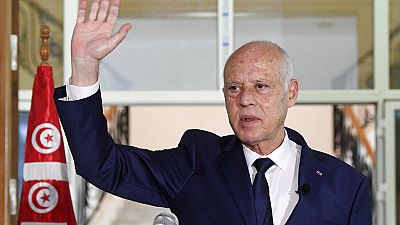

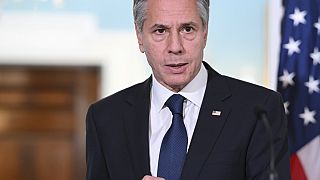
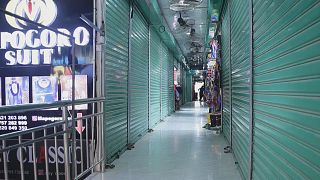
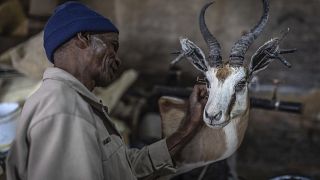
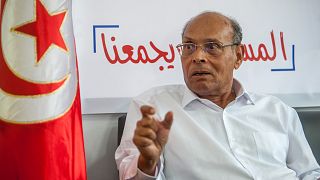
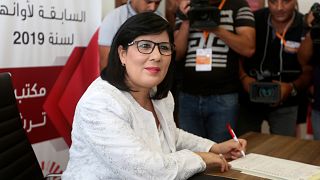
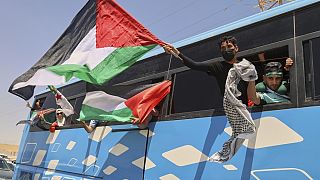



Go to video
In Kenya, 90% of packaged food needs health warning label under new rules
00:52
Nigeria’s Peter Obi to contest 2027 election, opposition coalition in jeopardy
Go to video
Cameroon’s Tourism Minister joins presidential race as Biya’s silence fuels uncertainty
Go to video
INTERPOL seizes $65M in fake drugs, arrests 769 in largest-ever global crackdown
Go to video
Uganda's Museveni breaks African silence on Israel-Iran war
Go to video
Over 40 killed in attack on Sudanese hospital: WHO Chief condemns “Appalling” strike